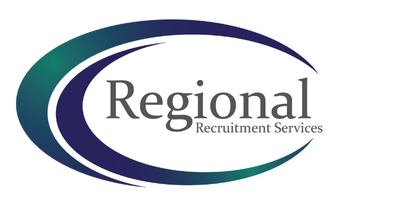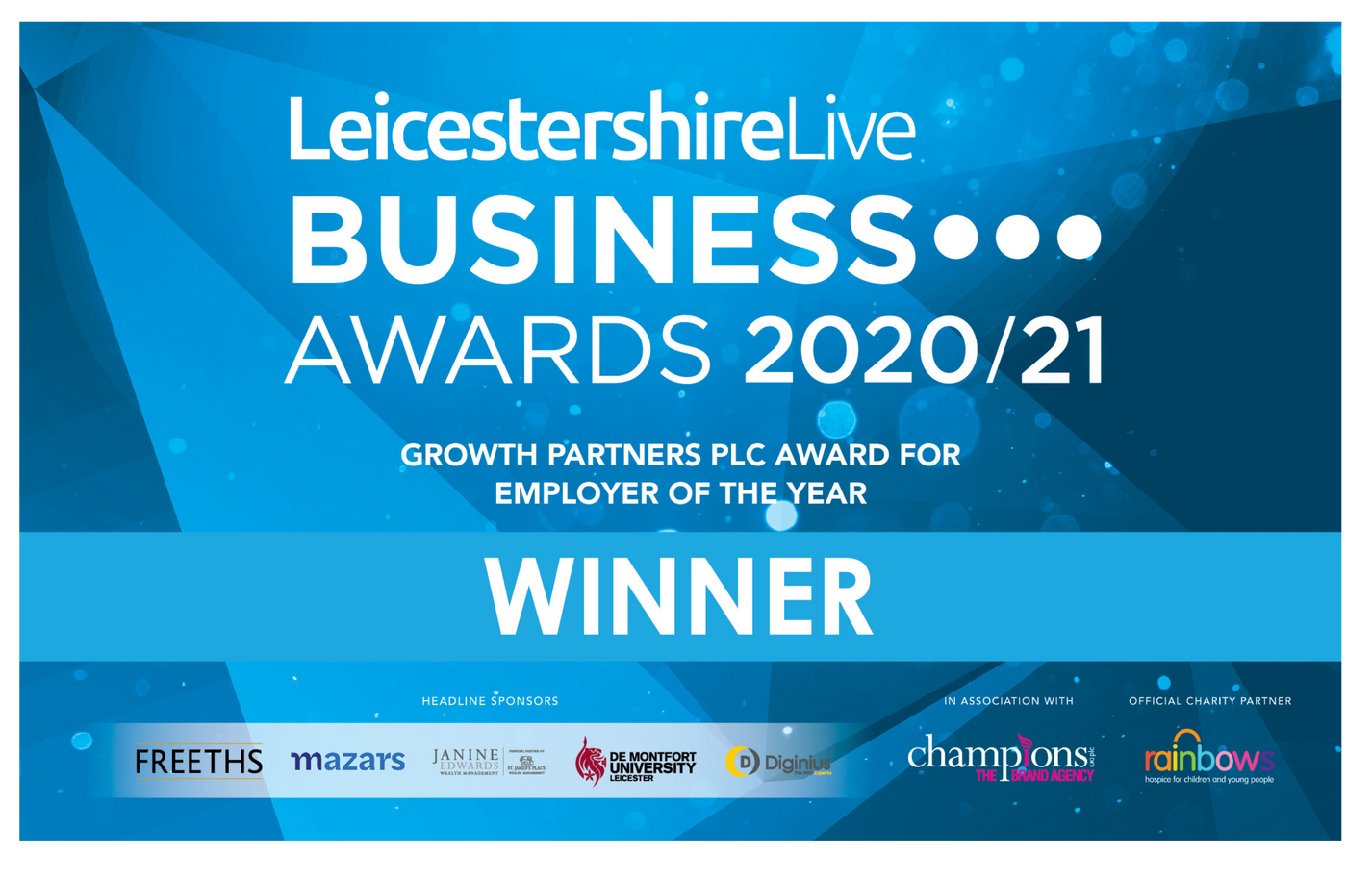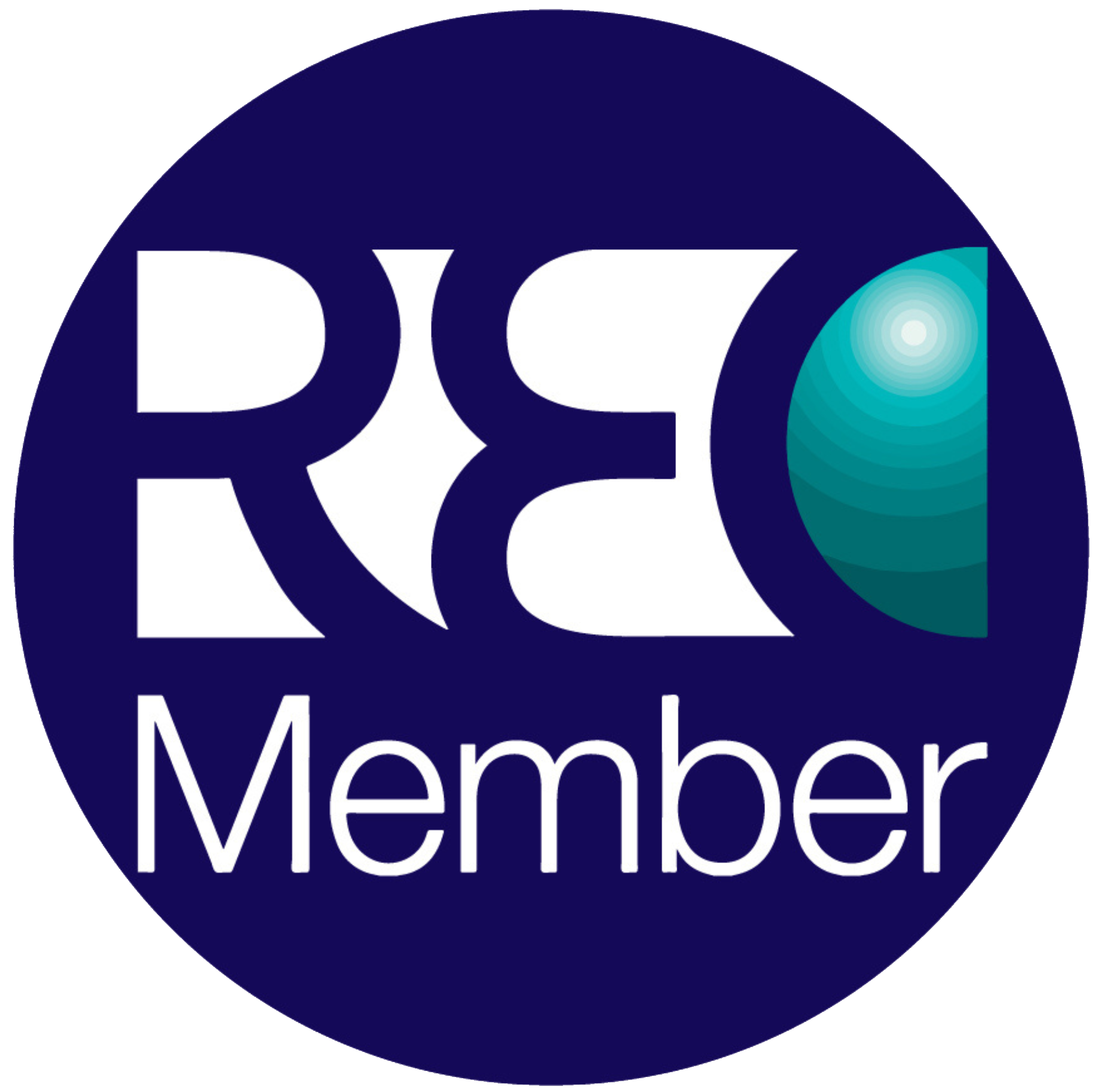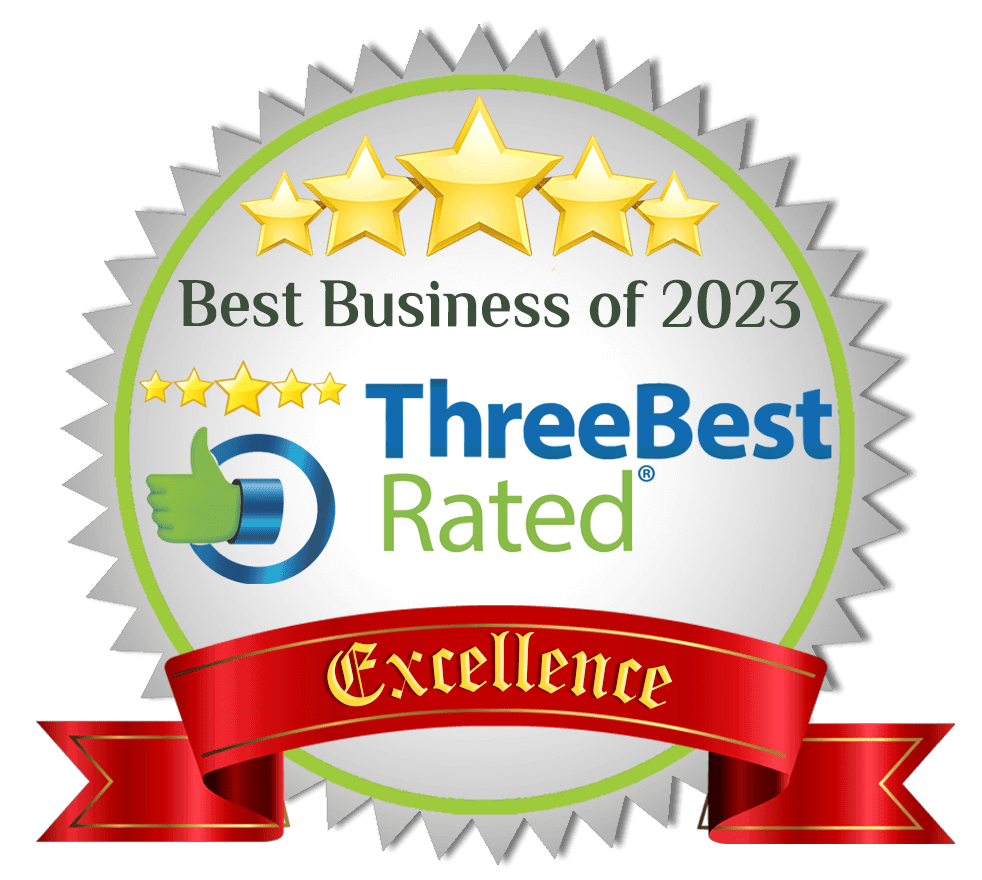Standing Out in a Competitive Job Market
In today’s fast-paced and competitive job market finding your ideal role can be tough, with so many qualified candidates vying for limited positions, it’s essential to stand out from the crowd. But how can you insure your application is noticed by employers? As a recruitment agency our consultants have witnessed first-hand the strategies that successful candidates employ to stand out.
1. Tailoring Your Approach
When applying for multiple job openings, it’s important to remember that every company differs. You may be applying for the same job role at several places, when applying for each one be sure to tailor your application to highlight skills they are looking for and aligning your experiences with the job description – this will also help with interview prep.
Customise your CV and Cover Letter for each application to demonstrate genuine interest and attention to detail. Instead of simply listing job duties, highlight your achievements where possible, use numbers, percentages, or other metrics to demonstrate the impact of your achievements. In doing this you are not only adding to your credibility but you are also demonstrating to employers the value you can add to their organisation.
Your Cover Letter is an opportunity to express your enthusiasm for the position and interest in the company, avoid one size fits all cover letters and instead use a personalised touch for each application. Research the company’s mission, values, and culture, incorporate this into your cover letter, whilst also expressing your excitement for the role.
When reading the job posting be sure to address any of the specific requirements or qualifications you may possess. If the employer is seeking candidates with certain certifications, technical skills, or industry experience, make sure you are highlighting these aspects of your background. Use keywords from the job description to optimise your CV and Cover Letter for applicant tracking systems (ATS), increasing your likelihood of getting noticed.
2. Showcase Your Unique Value Proposition
Effectively demonstrating your value proposition involves showcasing your unique strengths, accomplishments, and passions for the field.
When identifying your unique strengths a great starting point is to reflect at what sets you apart from others. Consider your skills, experiences, personality traits, and areas of expertise. Are you known for your strong communication skills? Do you have an innovative mindset? Maybe your particularly skilled in problem solving? Whatever it may be, identify your unique strength and make it a focal point for your job application.
Rather than summing up your job responsibilities, provide the employer with specific examples of your achievements and contributions in previous roles. As mentioned before it’s great to quantify your accomplishments wherever possible to highlight the tangible results of your hard work. An example of this could be if you streamlined a process that resulted in significant cost savings for your employer, provide the figures to illustrate the impact of your efforts.
Employers are not only looking for candidates with the right skills and qualifications but also individuals who are genuinely passionate about their work and industry. Take every opportunity to demonstrate your enthusiasm for the field and your commitment to ongoing learning and professional growth. Share stories about projects you are particularly proud of and explain why you are passionate about making a difference in your chosen field. Your genuine enthusiasm will set you apart as a candidate and make a positive impression on hiring managers.
3. Leverage Your Network
If you have had the chance to read some of our previous blogs, you’ll know how we talk about the importance of using your online network to your advantage, tap into your this for referrals, recommendations, and insights.
Reach out to your existing professional contacts, such as former colleagues, mentors, or industry peers, make them aware of your job search and the type of roles you’re targeting. They may be aware of relevant job openings within their own organisation or have connections at companies you may be interested in, additionally they can provide valuable insights into company culture, hiring processes, and interview tips based on their own experiences.
Online networking can be beneficial in many ways, but there is nothing like making connections face to face. Actively participate in industry events, conferences, and networking mixers to further expand your network and establish new connections. Events like these provide valuable opportunities to meet professionals from various organisations, exchange ideas, and stay up to date with the industry. After attending events follow up with reaching out to contacts you have met, from this you can nurture new connections within your field.
Approach networking as a way to build mutually beneficial relationships, strengthen these relationships by offering your own insights and expertise to others.
For more on how you can use your professional network, we recommend this blog - Creating & Nurturing Business Relationships through Networking.
4. Continuously Upskill & Adapt
Dedicate time to regularly research and stay informed about the latest trends, advancements and emerging tech, relevant to your field. Follow industry blogs, podcasts, pages, and thought leaders on social media, to see what’s shaping the industry. Understanding industry trends not only helps you anticipate future skill demands, but also positions you as a knowledgeable and forward thinking individual.
Embrace a growth mindset and prioritise continuous learning in the job search process, seek out relevant courses, workshops, or webinars that will help with your professional development. Consider both technical skills relevant to your profession and soft skills such as communication, leadership, and problem-solving, which are highly valued across many industries. Many online platforms offer affordable or free resources, making learning more accessible than ever.
Cultivate an attitude of adaptability and resilience, be open to embracing nee challenges and opportunities for growth. Demonstrate an ability to thrive in dynamic and uncertain environments by showcasing examples of when you’ve successfully adapted to change, pivoted strategies, or learned new skills to overcome obstacles. Employers value candidates who can quickly adapt to shifting priorities, work under pressure, and contribute effectively to evolving work environments.
5. Ace the Interview
Arguably the most important step of an interview is the preparation, research the company, it’s mission, values, culture, and recent news. Understand it’s products or services, competitive landscape, and key stakeholders. Tailor your knowledge to demonstrate genuine interest and alignment with the organisation’s goals and priorities. Additionally, familiarise yourself with the job description, requirements, and responsibilities to ensure you can speak confidently about how your skills and experiences match the role.
It's good to practice interview questions, whether they be common or tricky ones. Look up questions that are relevant to the job you are interviewing for, go over your responses to the questions, maybe with a friend or family member, focus your answers on highlighting the skills, experiences and achievements highlighted in your application.
Always have a few thoughtful questions you could ask at the end of an interview, this will show them your genuine interest and engagement. Inquire about the company’s priorities, team dynamics, or opportunities for development. Asking questions like these showcases your curiosity and also willingness to learn as much as possible, but it also will clarify for yourself, as the job seeker, if the role aligns with your personal goals and career aspirations.
The tips given are good practice for any interview however, it’s important to showcase your personality. During the interview be enthusiastic and engaging, but most of all be authentic, this will help the employer see if you will be a good cultural fit for the company. Actively listen to the employers questions and respond thoughtfully, using storytelling techniques to illustrate your experiences and achievements in a compelling and memorable way. Demonstrate your ability to communicate effectively, collaborate with others, and contribute positively to the teams dynamic.
In a competitive job market, standing out requires a strategic approach, proactive mindset, and relentless determination. Remember, success often lies at the intersection of preparation and opportunity, with the right mindset and approach, you can navigate the competitive landscape with confidence and secure the career opportunities you deserve!
Want to learn more? Including tips & tricks from our team? Click below to check out our latest Podcast episode, where we talk success stories, market dynamics & share expert strategies...













